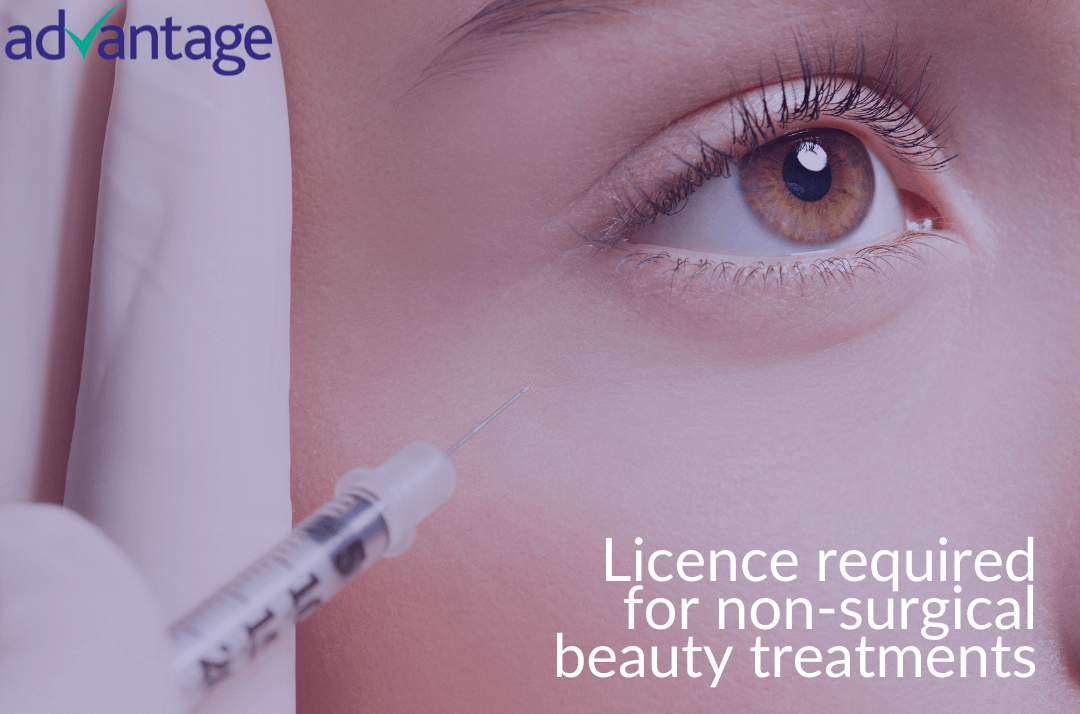Appeals from the family of Oliver McGowan have led to new mandatory training in learning disability and autism.
As an infant, Oliver suffered meningitis and received diagnoses of mild hemiplegia, focal partial epilepsy, a mild learning disability and high functioning autism. Throughout his childhood, Oliver developed a good sense of humour and aspirations for the future. As a teenager, with several sporting accomplishments under his belt, Oliver began to train as a Paralympian.
Oliver was admitted to a children’s hospital in October 2015. He was experiencing partial focal seizures and felt scared and confused. He was discharged after a few weeks and given antidepressants. His seizures worsened and he was readmitted that December. Despite having no diagnosis of mental illness or psychosis, he was given antipsychotic medication and held against his will. This had a hugely negative impact on his mood. Doctors noted he was sensitive to antipsychotics. After the removal of the medication, his mood and seizure activity returned to normal.
In April 2016, Oliver was admitted again with partial seizures. He was given antipsychotics again. He suffered an Oculogyric Crisis causing his eyes to roll upwards and stay there. After 6 hours, during which the doctor believed his symptoms were behavioural, he was eventually given Procyclidine to counteract the reaction. Oliver suffered other potential side effects including hallucinations, up to 30 seizures a day, problems urinating, extremely high blood pressure and sweating. Oliver was moved to a specialist adult hospital. Staff restrained him, gave him no privacy and prescribed different antipsychotic medication.
Oliver was then transferred to a Psychiatric Intensive Care Unit. Here, staff immediately saw he did not need to be detained and they reduced all antipsychotic medications. He received support from a specialist learning disability team.
That October, Oliver experienced a cluster of partial seizures and was admitted to general hospital. He developed pneumonia and was intubated. Staff sedated him and gave him antipsychotic medication. Oliver’s temperature reached 42°. He suffered tonic-clonic seizures. His brain was badly swollen. He would be severely disabled. Doctors suspected neuroleptic malignant syndrome, a life-threatening reaction to antipsychotic medication.
After a week on life support, Oliver died on 11th November 2016. He was 18 years old.
The McGowan family strongly believe the hospital staff are to blame for Oliver’s death, especially those who prescribed antipsychotics after his previous bad reactions. They believe staff did not make reasonable adjustments to accommodate for the needs of someone with a learning disability and autism. The family have campaigned for years to see improvements made in healthcare.
Their hard work has paid off. The Health and Care Act 2022 has written the Oliver McGowan Mandatory Training in Learning Disability and Autism into law. This is a standardised training package developed by Health Education England and Skills for Care. The training was designed, delivered and evaluated with the help of people with learning disabilities and autism.
In trials across the UK, researchers have seen positive results. 61-88% of learners reported changing their behaviours after the training. 80-94% said the training provided new information, helped them recognise unconscious bias, made them aware of the needs of autistic people in healthcare settings, and gave them new ideas about how to support autistic people.
We are happy to see these results as this training can prevent further deaths. We applaud the McGowan family for their dedication to changing our healthcare system and hope they are comforted by this result.
High quality training courses are absolutely vital, especially in health and care settings. If you share our passion for training and would like to become an accredited centre, please get in touch.
You can find out more about Oliver McGowan and his family’s work at olivermcgowan.org




